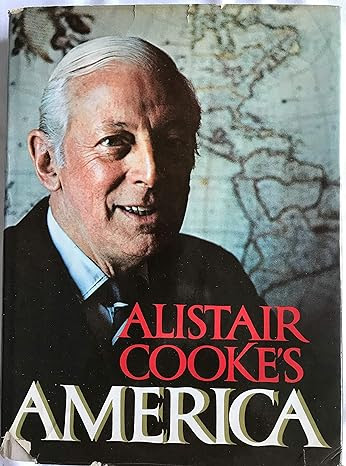TRAVELS with GEORGE: IN SEARCH of WASHINGTON and HIS LEGACY (audiobook) by Nathaniel Philbrick

Published in 2021 by Penguin Audio. Read by the author, Nathaniel Philbrick. Duration: 9 hours, 34 minutes. Unabridged. George Washington looked at the newly formed United States of America and saw what it had always been - 13 disunited states with nothing to bind them together. Washington may not have been the deepest-thinking founding father, but some things he just "knew" deep in his bones. What did he know in this case? He knew that they actually all did have something in common. They all had George Washington in common. So, George went on a series of extended trips around the states until he had visited all 13 of them and he gave them a visible introduction/reminder (it depended on the state and the citizens) of what the new United States of America was all about. Travels with George is the story of those tours. Each state had its own issues. For example, Rhode Island wasn't even a state when the started traveling - it was holding out. The Southern states, especiall...
















